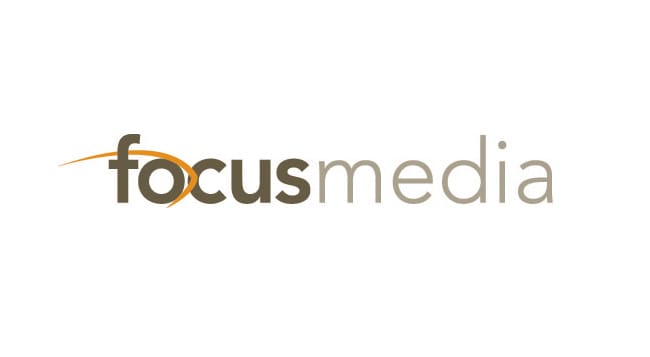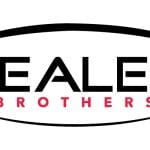I’m pretty knowledgeable about automotive technology. I subscribe to a few auto magazines, and usually know about a new car model before the showroom salespeople do.
A recent auto TV ad had this ad man shaking his head. In the advertisement, the promoted car’s new pioneering system, which I think was some type of braking or anti-skid technology, had me uncertain what exactly they were promoting. The title of this new system didn’t describe what it was and it went completely over my head — and I know more than the average person about cars.
The automaker failed to make it easy for ad viewers to connect the dots, and more importantly, didn’t even try to explain what this new system does, or what it can do to help the driver.
This experience illustrates a balancing act marketers perform every day — building excitement about a product or service, yet ensuring the message is relevant and understandable.
Make sure they understand
Don’t talk over people’s heads. Assume it is the first time they are encountering your brand and products. Make sure they understand what you do and how your product or service can directly benefit them. Failing to do this was the critical shortcoming of the car ad I described. A few descriptive keywords would have provided enough information to understand the benefit of the new technology that was being promoted.
A rare exception to the “assume they know nothing” rule is when writing advertising or analysis copy for trade publications. Here you likely can assume a degree of sophistication and knowledge on the part of your reader. You might even alienate some readers if you speak beneath their level. Review the publication’s past content and audience and draft your message accordingly, ensuring you remain on-topic and of interest to the reader. Tailoring your marketing materials for specialized audiences for circumstances like this is a great strategy.
Focus groups can help
If you are concerned about how your ads will be received, you can test them with focus groups, which provide valuable insight into how your target audience will respond. Let them vet your language and imagery — you’ll sometimes be surprised at how they react. They can help you improve your content and avoid unwitting miscues.
Always be mindful of your audience. Make sure they hear your message loud and clear.
Josh Sommers is president and CEO of Focus Media, a leading Hudson Valley advertising and public relations agency. He can be reached at josh@advertisingandpr.com or 294-3342, ext. 303. Read his blog at www.advertisingandpr.com. His column appears Fridays.




